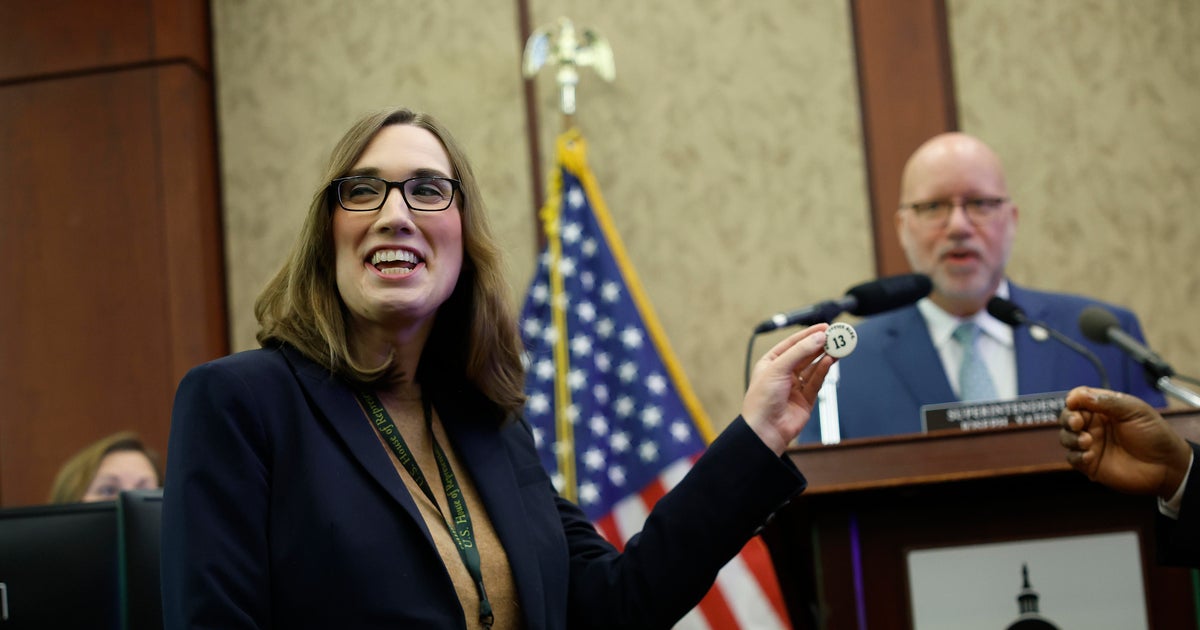H.R. McMaster says relationship with China is "worse" than Cold War between U.S. and Russia
Washington — Trump national security adviser H.R. McMaster said the United States' relationship with China is "worse" than it was with Russia during the Cold War because the current situation is much more complex.
"It's worse because it's a more difficult problem set because of the way that our economies have become interconnected, in large measure based on these flawed assumptions about the nature and relationship and especially the intent of the Chinese Communist Party," said McMaster, a CBS News foreign policy and national security contributor.
McMaster spoke to "Face the Nation" moderator Margaret Brennan on Friday before she traveled for China amid Secretary of State Antony Blinken's high-stakes trip to revive diplomatic talks.
McMaster said the U.S. miscalculated China's ambitions and thought that it could change its behavior by engaging.
"The Chinese Communist Party leadership had aspirations that went far beyond anything a reaction to what we do," he said.
Blinken arrived in China on Sunday morning, making it the highest-level diplomatic visit with the country since 2018. Blinken was set to make the trip in February but postponed it after the U.S. shot down a Chinese spy balloon that flew across the U.S. Since then, the Chinese have declined to engage with Defense Secretary Lloyd Austin, according to the U.S.
The U.S.-China relationship has grown increasingly fraught in recent years over several issues, including Taiwan, human rights, economic espionage, trade, the Chinese military's assertiveness in the South China Sea and Russia's war in Ukraine. Tensions spiked last summer when then-House Speaker Nancy Pelosi visited Taiwan.
McMaster said China is trying to make a point about its standing in the world after two recent near-misses between the two militaries in the Taiwan Strait and over the South China Sea.
"They're not unprecedented, but it's unusual in terms of the quick succession of multiple incidents," he said. "I think China's sending a message — 'Hey we're in charge now. You're finished.' — to the West and to the United States."
He also said Blinken's Beijing trip "may portray a bit of weakness" because the U.S. has been "so anxious to have this discussion with the Chinese and the Chinese have been really playing hard to get in terms of the discussion."
"What [the Chinese] hope with the optics of this meeting, and I'm sure Secretary Blinken is quite aware of this is, to create a perception that we're going there to pay homage to the Chinese Communist Party," McMaster said. "They want to use that kind of perception of China's strength relative the United States to bludgeon countries in the region and say, 'Hey, time to bandwagon with us. This is our era.'"
He said it's important to have open lines of communication between the two countries to decrease the tension, but it takes engagement from both sides. McMaster also suggested that it may be hard for U.S. officials to build relationships with their Chinese counterparts because President Xi Jinping is "unwilling to decentralize communications to anybody else."
"It's important that diplomacy with China, but let's have also diplomacy with countries that might be sitting on the fence to say, 'Hey, your choice really at this moment is not between Washington and Beijing. It's between sovereignty and servitude,'" he said.




